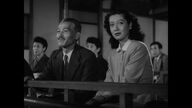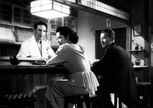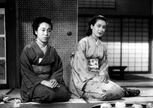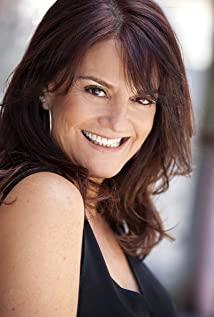-
Pete 2022-04-20 09:02:48
Marriage and the nature of happiness
In the 24th year of the Showa era in 1949, a Japanese black and white film in the same year as the New China, directed by Yasujiro Ozu, is a warm family drama.
The professor's father slowly said to his daughter Noriko, who was dependent on him and did not want to marry: "You are about to start a new...
-
Immanuel 2022-03-22 09:02:57
Stressed the happiness so many times
When I watched it many years ago, I also always looked forward to the appearance of the groom. I wanted to see what the groom who had been discussing for so long looked like? But this time, after forgetting the details of the plot, I no longer wonder what the groom looks like. I think that's what...
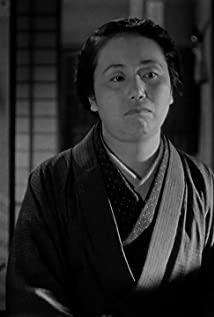
Haruko Sugimura
Performing Experience
Personal Life
-
Remington 2022-04-23 07:05:18
Every place is full of delicacy, whether it is the father and daughter's feelings for each other, or the details of every detail in life, just like grinding tofu, do it carefully and carefully. The simplest, most life-like, stop-motion-scenario textbook, the forerunner of cross-cutting character dialogue. Ozu said, I'm just a tofu seller.
-
Liana 2022-03-21 09:03:25
Tilt-shift footage of father-daughter trolley conversation. Even without the family breakdown storyline, the family drama still holds true. Because the audience has no doubts about the storytelling of the film, Ozu adds a lot of alienation expressions in the film. The root cause is that Ozu believes that fragmented images are extremely disordered, and the world is also disordered. It is an unshakable theorem! Another theorem is: life is infinite repetition, and small differences are changes.
Related articles
-
Shôichi Hattori: Young people have changed so much since our day. Take that bride last night. She comes from a good family, yet she plowed into the food and even drank sake. Gobbling up sashimi with that big painted mouth. I was shocked.
Shukichi Somiya: Of course she ate. Food was scarce for so long.
Shôichi Hattori: At my wedding, I was too filled with gratitude to eat a single rice ball.
-
Masa Taguchi: How can you know how she feels deep inside?
Shukichi Somiya: Maybe you're right.
Masa Taguchi: I am. That's how the younger generation is.


